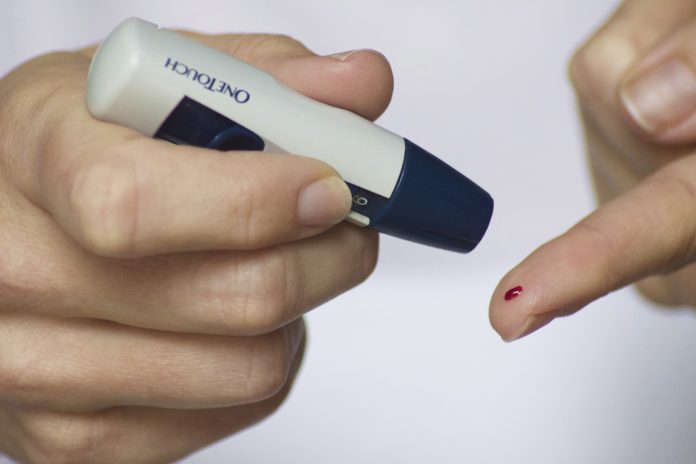The study shows that neither of the two drugs approved for diabetes in young people slows the disease
In young people with diabetes, neither insulin nor a dual drug onslaught will slow the disease, a new study has revealed.
According to results published online on June 25 in Diabetes Care, in young people with impaired glucose tolerance or recent-onset type 2 diabetes neither treatment with long-acting insulin followed by the drug metformin, nor metformin alone preserved the body’s ability to make the sugar controlling hormone. The publication is concurrent to a presentation of the results at the American Diabetes Association Scientific Sessions in Orlando, Florida.
The results come from a study of 91 youth ages 10-19, part of the larger Restoring Insulin Secretion (RISE) study. To determine if early, aggressive treatment would improve outcomes, participants at four study sites were randomly assigned to one of two treatment groups. The first received three months of glargine–a long-acting insulin–followed by nine months of metformin. The second received only metformin for 12 months. Participants were then monitored for three more months after treatment ended. RISE was funded primarily by the National Institute of Diabetes and Digestive and Kidney Diseases (NIDDK) of the National Institutes of Health.
“Type 2 diabetes in youth has grown with the obesity epidemic, and we need treatments that work for kids.”
The RISE Pediatric Medication Study found that beta cell function–key to the body’s ability to make and release insulin–declined in both groups during treatment and worsened after treatment ended. An earlier NIH-funded study also found that type 2 diabetes progresses more rapidly in youth than previously reported in adults despite comparable treatment.
“Only two drugs are currently approved for youth with type 2 diabetes, and we were disheartened to find that neither effectively slows disease progression,” said Dr. Ellen Leschek, project scientist for the RISE Consortium and program director in NIDDK’s Division of Diabetes, Endocrinology, and Metabolic Diseases. “Type 2 diabetes in youth has grown with the obesity epidemic, and we need treatments that work for kids. It’s clear from this study and others that type 2 diabetes in youth is more aggressive than in adults.”
Using baseline assessments, RISE researchers found that the youth had more insulin resistance and other signs of disease progression than their adult counterparts at the same stage in the disease, results consistent with other earlier studies. As well, the pediatric group at baseline responded to the severe insulin resistance with a greater insulin response than adults, potentially a reason for the youth’s more rapid loss of beta cell function.
While the RISE pediatric group’s treatments did not preserve or improve beta cell function, results showed modest improvement in blood glucose with metformin in both groups.



Hey there! I know this is kinda off topic however I’d figured I’d ask.
Would you be interested in exchanging links or maybe guest authoring a blog post or vice-versa?
My website goes over a lot of the same subjects as yours and I think we could greatly benefit from each other.
If you are interested feel free to shoot me an email.
I look forward to hearing from you! Superb blog by the way!